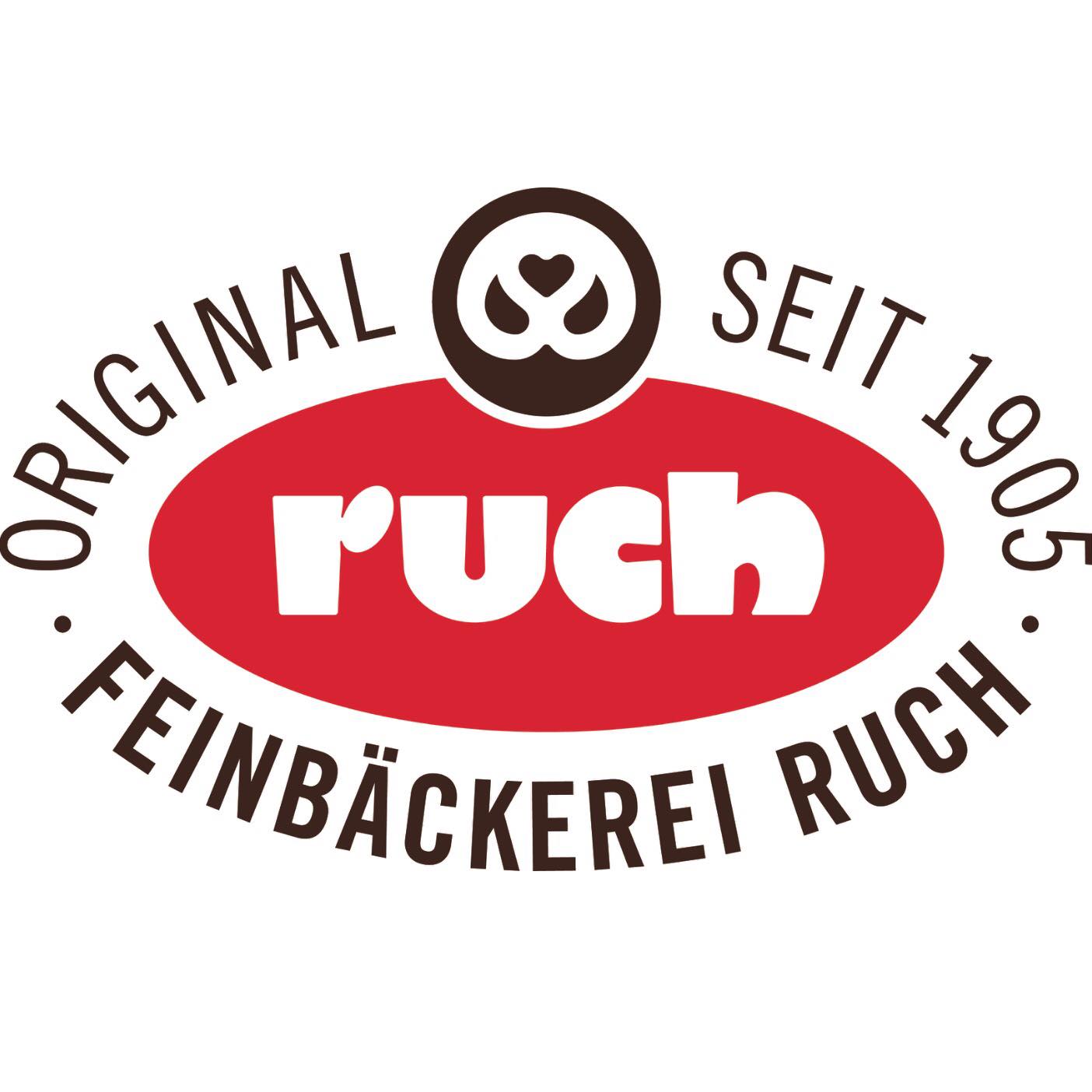What is order planning?
Order planning covers all processes that ensure that goods and materials are available on time and in line with demand. The aim is to make production and operating processes efficient, reduce costs and avoid bottlenecks.
Order planning tasks at a glance
A well-organized ordering system is crucial for a company's profitability. Order planning typically involves the following steps:
- Requirements analysis: Determination of material requirements based on sales forecasts, stock levels and consumption data
- Determination of the optimum order quantity: consideration of economic order quantity, minimum quantities and storage costs
- Plan order timing: define the ideal time to order to avoid stock shortages and high inventory costs
- Supplier selection: Selection of reliable supply partners based on price, quality, delivery time and reliability
- Trigger purchase order: Creation and transmission of the order in compliance with all specifications
Factors influencing order planning
Various internal and external factors have an impact on efficient order planning. These include
- Demand trends and sales data
- Seasonal fluctuations and market trends
- Weather conditions (e.g. in the food sector)
- Delivery times and replacement period
- Production capacities
- Availability of goods and stock levels
These factors should be analyzed on an ongoing basis in order to optimize the ordering process.
Optimal time to order: why timing is crucial
The right order time is a central element of every order planning process. It defines when an order should be triggered in order to ensure optimum stock levels.
Methods for determining the optimum ordering time:
- Reorder point: As soon as a defined minimum stock level is reached, an order is triggered. This stock covers the demand during the delivery time.
- Take replenishment time into account: The time a supplier needs for delivery flows directly into the planning - in order to avoid production downtimes.
- Seasonal fluctuations and market trends: Forecasts help to recognize increased demand at an early stage and react in good time.
- Dynamic adjustment by system: Modern planning tools analyze in real time when orders should be placed and automatically adjust the order time.
Optimizing ordering processes with artificial intelligence
The use of artificial intelligence (AI) makes it possible to improve order management and make the entire order planning process more intelligent.
AI-supported systems:
- Analyze historical and current data
- Take external influences into account (e.g. weather, events, public holidays)
- Determine the optimum order quantity and the exact time to order
- Avoid excess stock and reduce food waste
- Support the efficient optimization of ordering processes
The result: greater efficiency, less waste of resources and a much more stable supply chain.
Request a callback
We will be happy to call you back promptly to talk to you personally









